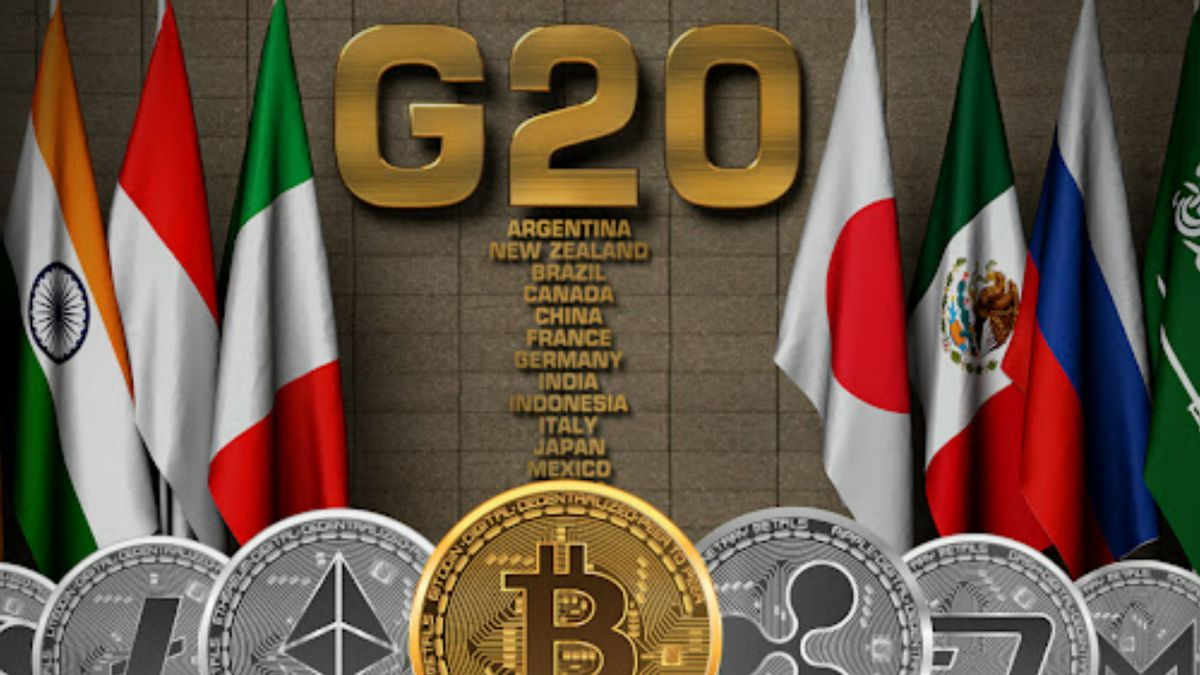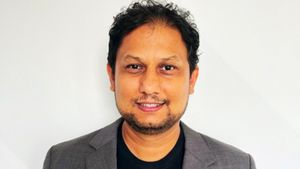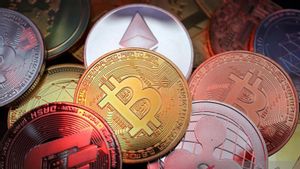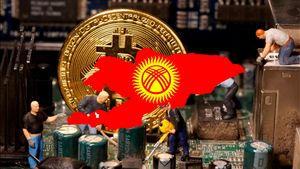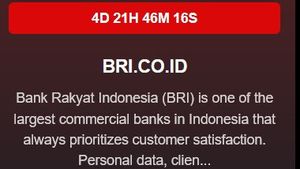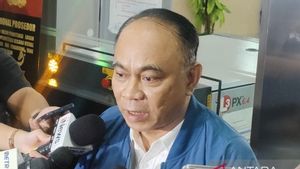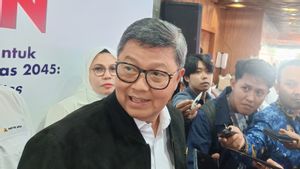JAKARTA - India, as the organizer of the G20 for the period 2023, has led its efforts in discussing the global framework for regulation of crypto assets. This was revealed by the Minister of Finance of India, Nirmala Sitharaman, in a speech at the Global Fintech Fest this year in Mumbai.
Sitharaman revealed that active discussions on crypto asset regulation are ongoing among G20 member countries. India has stressed the importance of establishing a global framework to address issues related to crypto assets.
During discussions at the G20, various global organizations such as the International Monetary Fund (IMF), the Financial Stability Council (FSB), and the Organization for Economic and Development Cooperation (OECD) have submitted in-depth papers related to crypto asset regulation. The IMF and FSB have even submitted their synthesis papers on crypto assets.
VOIR éGALEMENT:
In this context, Sitharaman underlined that crypto assets have the potential as a threat and opportunity. He noted that although efforts to secure financial systems from crypto-related risks have been made, there continues to be new developments in technology that can be used against the system.
India has long paid attention to crypto asset regulations. In 2019, a draft crypto law was submitted to the Ministry of Finance, although it was never discussed in parliament. The Indian government later stressed the need for global coordination in overseeing the cryptocurrency sector.
Indian Prime Minister Narendra Modi also underlined the importance of a global regulatory framework for crypto assets. He said that rapid technological changes should be accepted and his focus should be on adoption, democratization, and an integrated approach.
Last month, India even submitted a proposal to design a global regulatory framework for crypto assets. Finance Minister Sitharaman stated that India is trying to create a general framework that can be applied by all countries in regulating crypto assets.
The English, Chinese, Japanese, Arabic, and French versions are automatically generated by the AI. So there may still be inaccuracies in translating, please always see Indonesian as our main language. (system supported by DigitalSiber.id)
